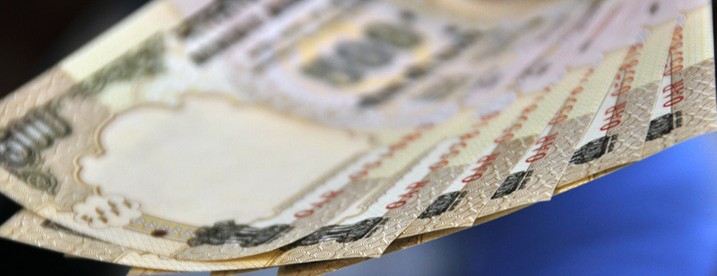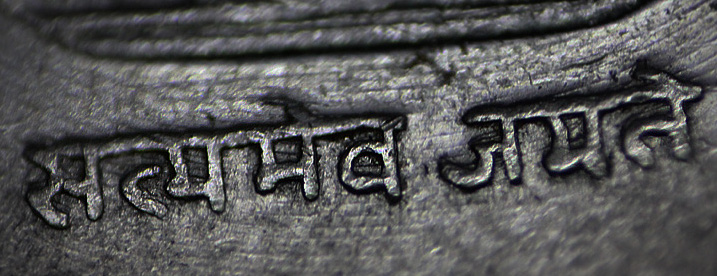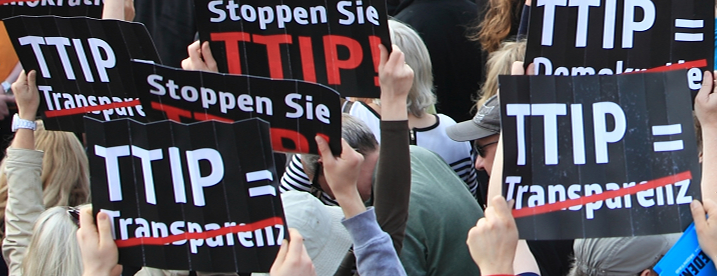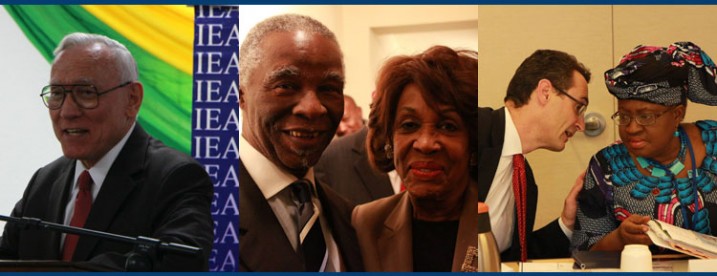It’s Better to Adopt Measures to Tighten the Creation of Black Money than to Be Quixotic about its Return
Despite India’s support for it at the G-20, the OECD’s automatic exchange of financial information (AEFI) regime is riddled with loopholes that make its usefulness questionable.
Successive governments have attempted to curtail the black money menace through policy action and moral suasion. But the recent slew of measures, including bilateral and multilateral initiatives — most recently, India and the United States signed an agreement under the American Foreign Account Tax Compliance Act — is perhaps the most far-reaching in memory. Black money or illicit financial flows violate laws in their creation, utilisation or transference. They have had a pernicious influence in India since Independence — from the financing of elections to that of terrorism against the state.

Modi Can Lead an International Consensus on Curbing the Flow of Illicit Funds
India has a tremendous opportunity to increase its influence on the world stage. With the second largest population, 10th largest economy, and strategic position among G-20 countries, Prime Minister Narendra Modi can, if he chooses, speak articulately for billions of people struggling for a fair share of the world’s riches. At home, his nation continues to face significant challenges in the areas of education, health, sanitation, and inequality. This dichotomy of having a foot in two camps simultaneously — among the richest and poorest nations — provides the platform on which India can seek a much-improved global economic consensus.
By Michele Fletcher, June 30, 2014

This week’s optimistic hubbub surrounding the Swiss-Indian information exchange seemed to mark a new beginning for Swiss transparency and a major breakthrough in India’s hunt for black money. Unfortunately, little happened: Switzerland admitted only the amount of money Indians had stashed in Swiss banks and rejected requests for information regarding specific account holders.
Despite the media’s rude awakening when the Swiss revealed that accountholder information would remain confidential, this result should not have been surprising. A quick look at the Swiss attitude towards information exchange—especially automatic exchange of information, the OECD’s biggest step towards financial transparency—shows that the media’s optimism was premature. Instead, India’s request to Switzerland should be viewed as a litmus test of the Swiss attitude towards the future of banking secrecy.
By Michele Fletcher, June 20, 2014

The Transatlantic Trade and Investment Partnership seeks to unite U.S. and EU markets: a gigantic trade deal uniting over 800 million consumers across the United States and the European Union, and yet all its important documents remain shielded...
By E.J. Fagan, May 29, 2014

In his official first act after winning the biggest democratic election in world history, Indian Prime Minister Narendra Modi announced the formation of a Special Investigative Team (SIT) to probe illicit financial flows, or ‘black money’ as they are commonly referred to in India.
Illicit financial outflows are a massive problem for India. GFI research finds that India lost $343.9 billion to illicit outflows from 2002-2011:
By Tom Cardamone, May 28, 2014

A Quarterly Newsletter on the Work of Global Financial Integrity from January through May 2014
Global Financial Integrity is pleased to present GFI Engages, a quarterly newsletter created to highlight events at GFI and in the world of illicit financial flows. We look forward to keeping you updated on our research, advocacy, high level engagement, and media presence.
This year has been busy so far, with GFI staff traveling to six continents within the first three months alone. The following items represent just a fraction of what GFI has been up to, so make sure to check our new website for frequent updates.
Measurable Change in India
In late April, the Indian Directorate of Revenue Intelligence released a summary of its first two years of increased law enforcement activity targeted at cases of commercial fraud, including illicit financial flows through trade misinvoicing. Their early results have been remarkable: between March 2012 and March 2014, they detected $1.3 billion worth of commercial fraud, and collected $396 million in new revenue.
India is just beginning its effort to crack down on trade-related illicit financial flows, and should serve as an example of the potential that curtailing trade misinvoicing has for development. India began working in earnest to reduce illicit financial flows after a report by Global Financial Integrity showed the economy had lost $462 billion since 1948 due to illicit outflows. Following years of intense political debate and public outcry, the Indian Ministry of Finance declared trade misinvoicing its ‘top priority’ and began working with GFI and others to address it.
Trade Misinvoicing Drained US$763.4bn from Poor Countries in 2011, according to GFI Research
Influential News Weekly Features GFI’s Research & Experts in Latest Issue
WASHINGTON, DC – The latest issue of The Economist profiles the problem of trade-based money laundering, which drains hundreds of billions of dollars from developing economies each year, according to Global Financial Integrity (GFI), a Washington, DC-based research and advocacy organization. The prestigious financial news magazine cites heavily from GFI’s research and experts, while warning that efforts to tackle trade misinvoicing are “the weakest link” in the international effort to fight illicit financial flows.
Latest Global Financial Integrity Research Places India as Decade’s 8th Largest Exporter of Illicit Capital
Illicit Outflows Cost Developing World US$859 Billion in 2010, Rebounding Rapidly from Financial Crisis
WASHINGTON, DC – The Indian economy suffered US$1.6 billion in illicit financial outflows in 2010, capping-off a decade in which the world’s largest democracy experienced black money loses of US$123 billion, according to the latest report released today by Global Financial Integrity, a Washington-based research and advocacy organization.





